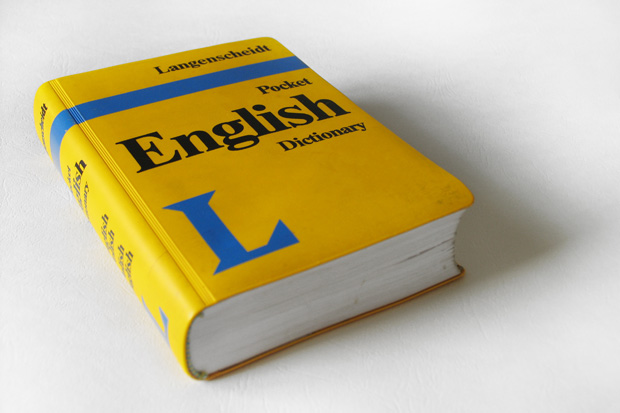by Ian de Stains OBE
“The average schoolboy often now devotes about five hours a week to English, and the number of hours is considerably increased after the age of sixteen by those boys who intend eventually to enter a university. It can be said that most educated Japanese have spent some thousands of hours in the study of English, and yet at the end of this time many of them
are quite unable to frame the simplest sentence correctly.”
This is John Morris writing in 1943. It could be almost any of us writing now. Almost 70 years on, most people agree that nothing has changed. Regular readers of this column will recognize that this is a favorite gripe; for the world’s second largest economy to be so incapacitated is nothing less than shameful. It is also very sad. Go to Shanghai or to Seoul and you will find on the streets a level of English language ability that is beyond striking. Yet in Tokyo—forget the rest of the country—you might as well be on another planet.
No, this is not arrogance: I am the first to say that those of us who choose to live and work here should make every effort to learn Japanese (much of my own work, indeed, is in that language), but like it or not the international language of business is still English, and it is likely to be so for a long time to come. If Japan is serious about wanting to attract foreign direct investment—and make no mistake, Japan needs to—and if it is really serious about attracting tourists, as the Yokoso! Japan campaign claims it is, then it needs capable ambassadors and hosts who are comfortable with the English language. Otherwise the potential investors and money-spending tourists will go where they are made to feel more
welcome and at ease.
When is Japan going to wake up to the fact that if it is to retain its global presence, it must grasp this particular nettle once and for all? Friends who are in the business of teaching English professionally—including at university level—tend to be among the most pessimistic. Many say that far from showing improvement, Japan is actually moving backwards in this regard. Run-of-the-mill language schools are closing in quick succession. The status of the Eigo no sensei (English teacher) is not what it was—and in truth some of the blame for that must rest with those who abused that status. The number of Japanese going overseas to study has declined dramatically, no doubt in part due to economic constraints and fears over security, but it is also rather indicative of a growing introspection on the part of Japanese society as a whole. Whereas once young people saw foreign travel as romantic and a desirable experience, many these days say it’s far too much trouble; much easier to stay at home where things are familiar, safe and Japanese.
Ian de Stains is the executive director of the British Chamber of Commerce in Japan. He is the author of The Business Travellers’ Handbook to Japan, available from Amazon. The views expressed in this column are strictly his own and are not necessarily endorsed or shared by the BCCJ.









